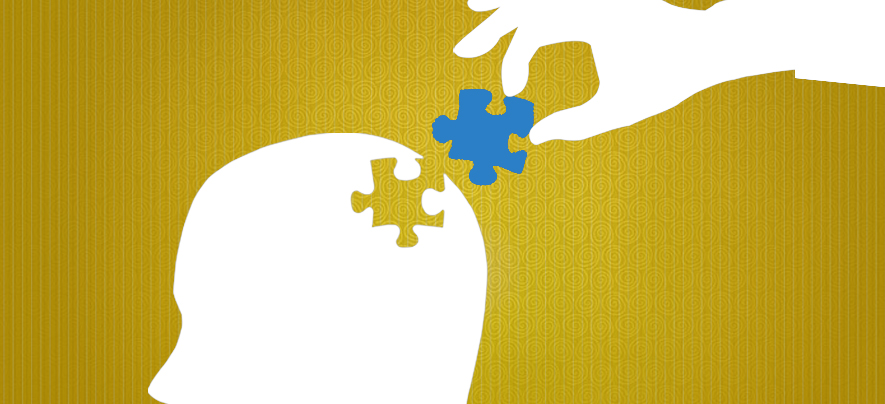Nudge, nudge, wink, wink

Marketing
414 week ago — 5 min read
Life begins at forty they say and personally for me it couldn't get better. On the other side of the mid-life crisis and the battle with the weighing scale finally seems winnable. Even the crockery at home looks a nice red colour now. Only later was I told by my wife that using a red colour plate actually helps reduce the quantity of food consumed. Suddenly all my self-back patting and sense of achievement about losing those extra kilos doesn't seem so incredible. But anyway where am I trying to get at with all this?
It’s been 8 or so years since Thaler and Sunstein’s book ‘Nudge’ came out and it wasn't the first time we got to know of the concept. I have myself been subject to this unwittingly all my life or so it seems. Examples of nudge in marketing varies from the most familiar one where restaurants often list a clearly overpriced dish on its menu, that they are not interested in selling at the top, as a decoy to make other more profitable dishes appear attractive; to the most bizarrely funny one about the fly-in-urinal that helped reduce spillage by over 80% in airports. We have all been victims of nudge where we have subtly and sub-consciously been led to a pre-meditated option by some clever marketer.
Ever since then there has been quite a lot written against it than for it. Nudge marketing simply means marketers manipulating and presenting choices to consumers in order to influence a particular behaviour leading to a purchase. Technically one could argue that if there is no harm done or if the consumer stands to benefit overall, then it shouldn't matter. Marketing by definition is all about influencing consumers. So where’s the problem if one option is presented in a better light over others.
Behavioural scientists argue that nudges are condescending and assume a one-dimensional mental model of consumer behaviour thereby giving an inferior status to consumers’ ability to think. That makes as much sense as advertising refrigerators to eskimos. Clearly consumers aren't that naive and more so in today’s connected age of the internet with information at fingertips. In fact, the reverse may be argued that consumers may even be willing to be advised or recommended on what suits them best, given the plethora of confusing choices, and the final decision anyway rests with them.
Technology is a great tool for marketers today and rapidly evolving tech can provide all the levers to magically evoke desired consumer behaviour. The question then really is that of information privacy. As long as personally identifiable information is not collected, used or shared, it is clearly incumbent upon marketers and brands, that these marketers nudge for, to safeguard consumer data. While there are strict laws around privacy- PII, mandatory disclosure and opt-out provisions, marketers leveraging technology need to provide sufficient transparency and opt-in consumers for any tracking technologies that give contextual information.
As we continue to incessantly use smartphones, it may not be surprising that the two giants in this space, Big G or Big A are already quite aware of where their devices are and what it is used for at any given point of time. The privacy laws do give some assurance as a last resort but as long as my personal data is not compromised, I am quite okay with them detecting my presence in the channel and making sure I am only sent information as notifications that are hyper-relevant to the context of what I am looking for. While there are laws and more laws; technology and more technology, marketers better understand the central tenet is still that of trust, that a consumer places in a brand, which he or she adopts and one that can easily be lost if taken for granted. Great technology cannot be a substitute for poor understanding of consumer preferences or building brand loyalty.
Back to reality. Still wondering if there is any way to nudge my kids to use less of smart gadgets and head to the playground instead. Any ideas?
To explore business opportunities, link with me by clicking on the 'Invite' button on my eBiz Card.
Disclaimer: The views and opinions expressed in this article are those of the author and do not necessarily reflect the views, official policy or position of GlobalLinker.
View Anil 's profile
Most read this week
Trending
Ecommerce 7 days ago












Comments
Share this content
Please login or Register to join the discussion